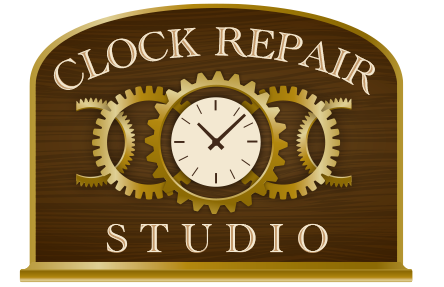For more than a century, the name Elliott has been associated with high-quality clocks. In order to acquire the craft of clockmaking, James Jones Elliott of 156 Cheapside in the City of London was apprenticed to “Bateman” of 82 St John Street, Smithfield, London, in 1865.
At the time, it wasn’t evident, but this was to be the beginning of a business that would gain a name as a maker of superb Elliott of London clocks on a global scale.
JJ Elliott first focused on creating balancing shafts and pinions before developing and patenting a weight-driven movement with tubes with chimes. Due to the success of the first Elliott clock, there was a significant increase in commerce with America.
Frank Westcombe Elliott, the son of James Elliott, started out in the retail industry since his father joined forces with a London jeweler named Walden when he was 17 years old. JJ Elliott passed away on April 16, 1904, and Frank took over as company president. The JJ Elliott Clock Company merged with Grimshaw Baxter in 1909, and the manufacture moved to Grays Inn Lane, London, in 1911. The firm then moved again in 1917 to bigger quarters on St Anns Road, Tottenham, London.
Frank Elliott joined Gillett and Johnson Ltd., a renowned Croydon-based company of bell founders and clockmakers, when the collaboration with Grimshaw Baxter was terminated in 1921. Two years later, in 1923, he took over their clock manufacture and established the renowned firm of F.W. Elliott Ltd. His two sons, Horace Elliott and Leonard Elliott, who having completed their apprenticeships in the profession, joined him. Ronald, the third son, began working for the business in 1929.
When war was declared in 1939, Elliott’s began making clocks for the military as well as test equipment and apparatus for the Rolls Royce engines used in RAF aircraft. Although the facility was twice struck by incendiary bombs in 1943, output was not significantly hampered.
When Frank Elliott passed away in 1944 at the age of 69, Horace Elliott took over as managing director. Horace oversaw sales from a shop in Hatton Garden. In the same year that Tony, one of Horace Elliott’s sons, joined the business after receiving training in cabinet manufacturing, Horace Elliott was elected Chairman of the British Horological Institute. In 1967, he was named the cabinet shop’s manager.
At the age of 54, Ronald Elliott passed away unexpectedly. His son Peter had started working for the firm in January of that year after receiving an engineering education at Vickers Instruments Ltd. In 1969, Peter Elliott was named a director.
